Empathy is an amazing virtue to have, but unfortunately not everyone has it. However, the best way to instill empathy in yourself, and be a good listener for someone, you need to know about the three keys to developing empathy.
1. The Emotional Thermostat: Why Every Experience is Relative to the Experiencer
Everyone has an emotional thermostat that is set based on one’s age, genetics, socio-cultural environment, and personal experience. This is a fundamental principle to understand in order to cultivate true empathy. Have you ever noticed that a certain situation may stress someone to emotional exhaustion, while someone else under the same duress wouldn’t bat an eye?
We all have the ability to withstand stress, but the boiling point is different for everyone. A 12-year old may feel intense grief when their crush does not reciprocate their sentiments, and the intensity of that grief may be comparable to an adult experiencing a permanent loss.
The implication is this: it is not the objective situation that determines the effect on the individual: it is the relative perception of the situation that matters.
Our emotional lives are completely unique to us; with no emotional response being more or less correct to. the situation at hand. It is absolutely relative.
Related: 10 Signs You Have Above Average Empathy
2. Listen to the facts, respond to the emotions
“Why don’t you just stop smoking?”
“Why don’t you just do X?”
“Can’t you just call them?”
We all want to help others solve their problems, especially when we are listening ardently to their woes. The solution seems so simple! So glaringly obvious!
Alas, we hardly know what is best for ourselves, let alone someone else. Even if we have that omniscient superpower, giving advice to someone who is venting is not what they need at that moment. Counterintuitively, they do not need to hear a solution. They just need to be heard.
And in order to make that person feel heard, and in order to actually hear them—we have to listen to how they are perceiving the situation, and how it is making them feel. Forget the objective facts. Forget the details of what they are relaying to you. Listen and respond to their emotions. Feel how it would feel to be in that situation, and mirror it to them in your words. That is what it means to empathize.
For example, someone may say “I’ve tried to quit smoking 7 times, and this program is not working for me. I tried for 3 months and almost successfully quit, but I had a beer the other day and couldn’t stop myself from having a cigarette.” Instead of immediately saying, “Well have you tried the 12-step program?” or offering some other well-meaning suggestion, use an empathetic statement.
Imagine how they are feeling: defeated, helpless, frustrated, angry at themselves. Now relay that to them. “You must be feeling so defeated. I can’t imagine how frustrating that would be. I can understand that you’re probably angry with yourself even though you worked so hard.“
Validating someone’s emotions, even negative ones, does considerably more good than offering logic. Because logic stems from the mind, whereas emotions stem from the heart. And empathy is listening and responding with the heart.
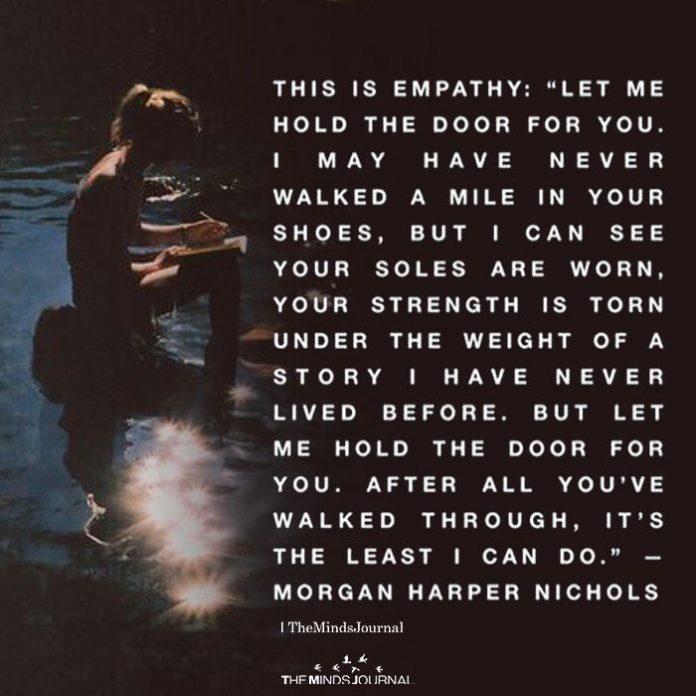
3. Build confidence
Now, once you have mirrored their emotions, and you have validated them and they feel heard, you can steer the conversation in a positive direction. You obviously don’t want to leave it at “you must feel so helpless”.
So, you can shine light where they can’t see it right now. Someone in despair or distress is likely to be bringing up reinforcing thoughts as to why their life sucks, and it can easily culminate into a bleak and inaccurate view of themselves. Here, it’s best to think of their qualities rather than their accomplishments. For example, instead of saying “you were almost able to quit smoking“, you can say “it takes so much courage to keep trying. You are so brave.”
You don’t have to search long to find an admirable quality. The fact that they have the courage to be vulnerable and discuss their difficulties in the first place—that is true strength.
Check out Saba May’s website, Metta Human for more such informative articles.
Written By Saba May Originally Appeared In Metta Human
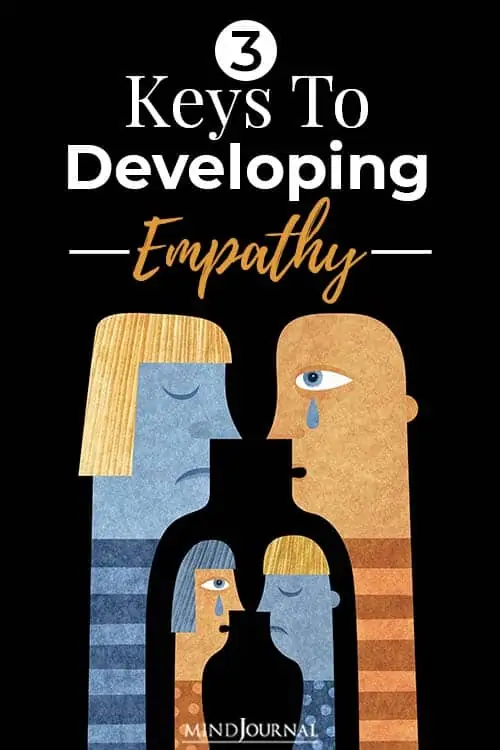
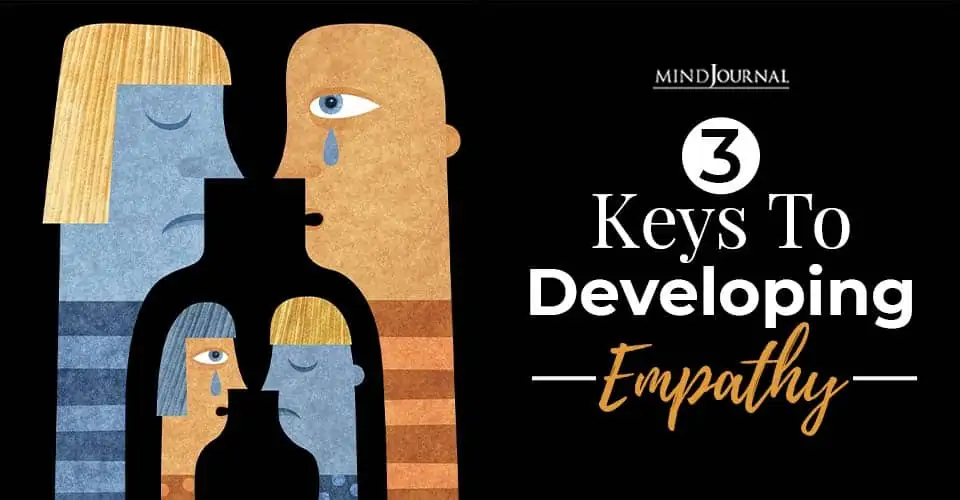
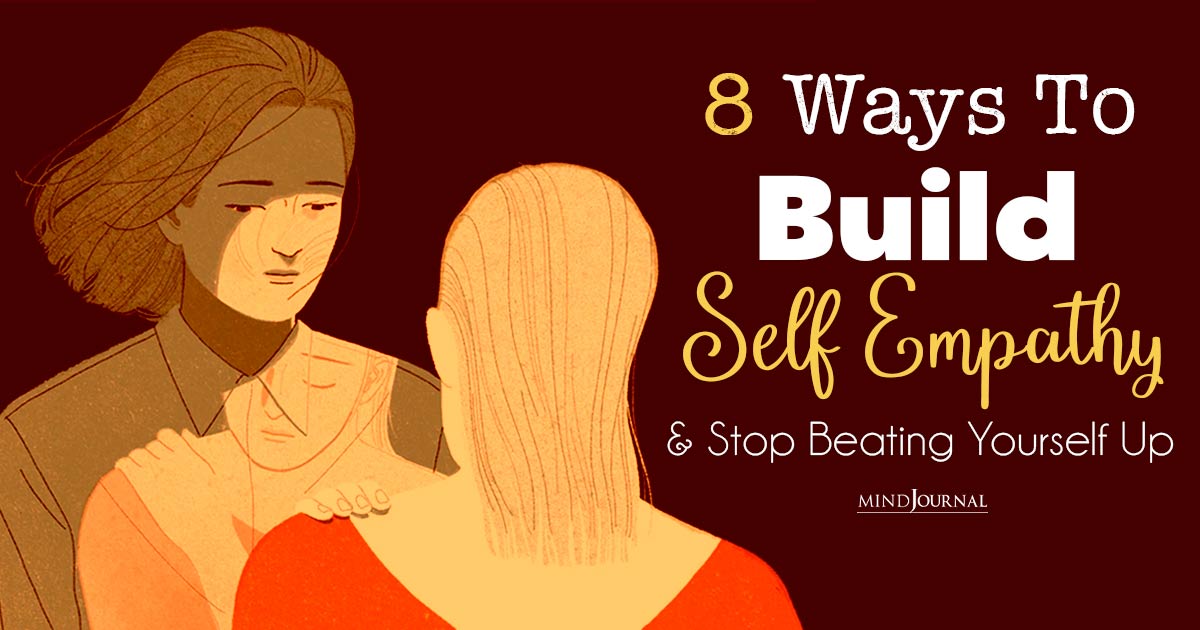
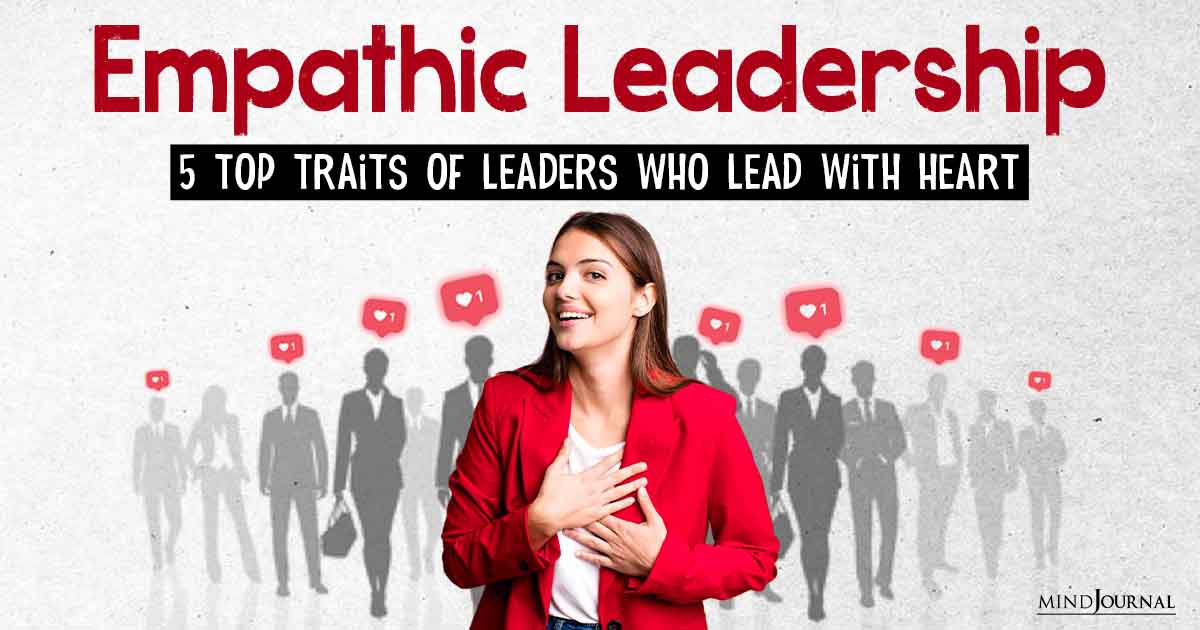
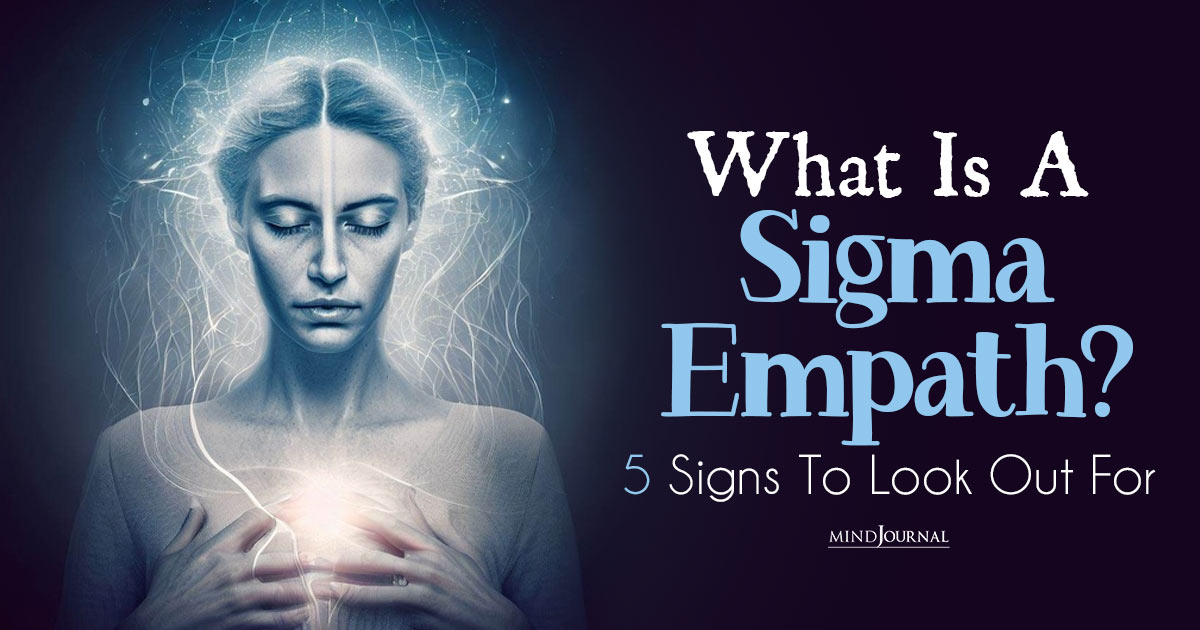
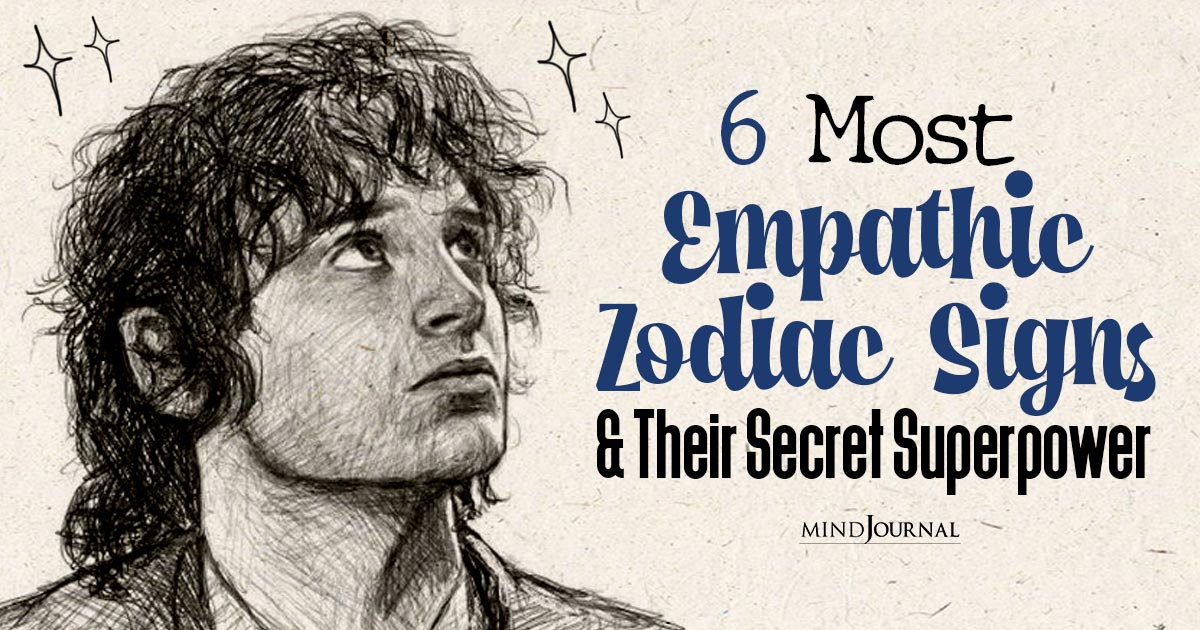

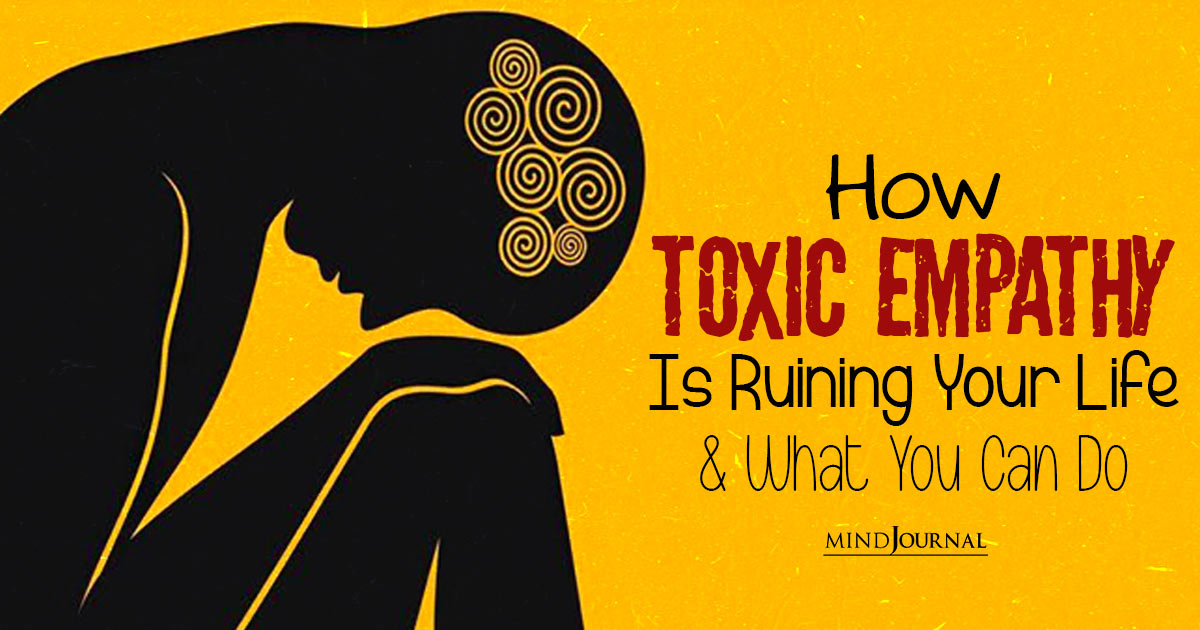
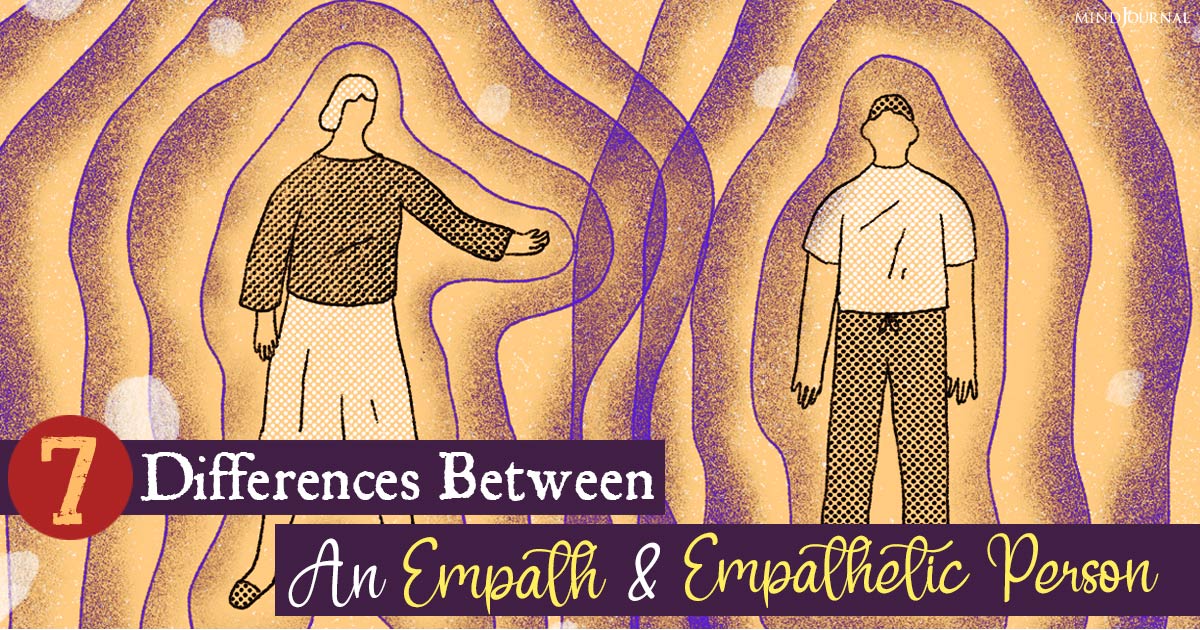
Leave a Reply
You must be logged in to post a comment.